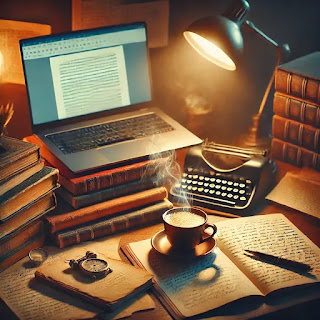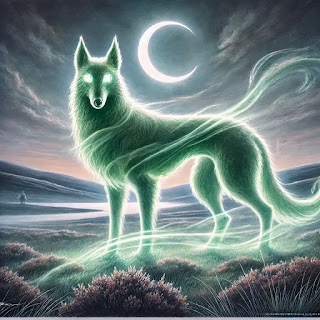Big changes are on the horizon at Trilogy Ink—and we couldn’t be more excited to share them with you.
What began as a single space is evolving into a collaborative hub for Indie Authors who believe in the power of storytelling, community, and teamwork.
Why the Change?
The indie publishing world is full of talent, but too often, authors are left to promote, network, and navigate the journey on their own. At Trilogy Ink, we believe we’re stronger together. By pooling our skills, platforms, and voices, we can lift each other up while creating more opportunities for readers to discover our stories.
What’s Coming Next
We’re opening the doors to new authors who want to join our team. As part of Trilogy Ink, you’ll have a voice in shaping how we move forward:
✨ Shared Blogging Schedule – Each author will contribute posts, giving readers fresh content on a regular basis without overwhelming any one writer.
✨ Promotion for All – We’ll work out a fair layout for promoting every author’s books and projects across the blog and social channels.
✨ Collaborative Events & Giveaways – Whether it’s a themed event, a group giveaway, or a spotlight week, we’ll host events that benefit everyone involved.
✨ Team-Based Growth – When one of us has news, a release, or a milestone, the entire group rallies to support and share it.
✨ A True Creative Community – Every author has input in decisions—frequency of posts, event ideas, promotional strategies, and more.
How to Get Involved
If you’re an Indie Author who’s ready to:
✔ Join a supportive, motivated team
✔ Expand your reach with shared promotions
✔ Contribute to something bigger than a single-author blog
—then we want to hear from you.
Send an email to Salem: SalemDevina@gmail.com and tell us a little about yourself, your genre, and why you’d like to be part of Trilogy Ink.
The Next Chapter Begins Now
Rebranding is more than a new look—it’s a new purpose. Together, we’ll make Trilogy Ink a thriving home for indie voices, a place where readers find diverse stories, and where authors know they don’t have to go it alone.
Let’s write this chapter together.
– The Trilogy Ink Team



















,%20and%20a%20mischievou.webp)